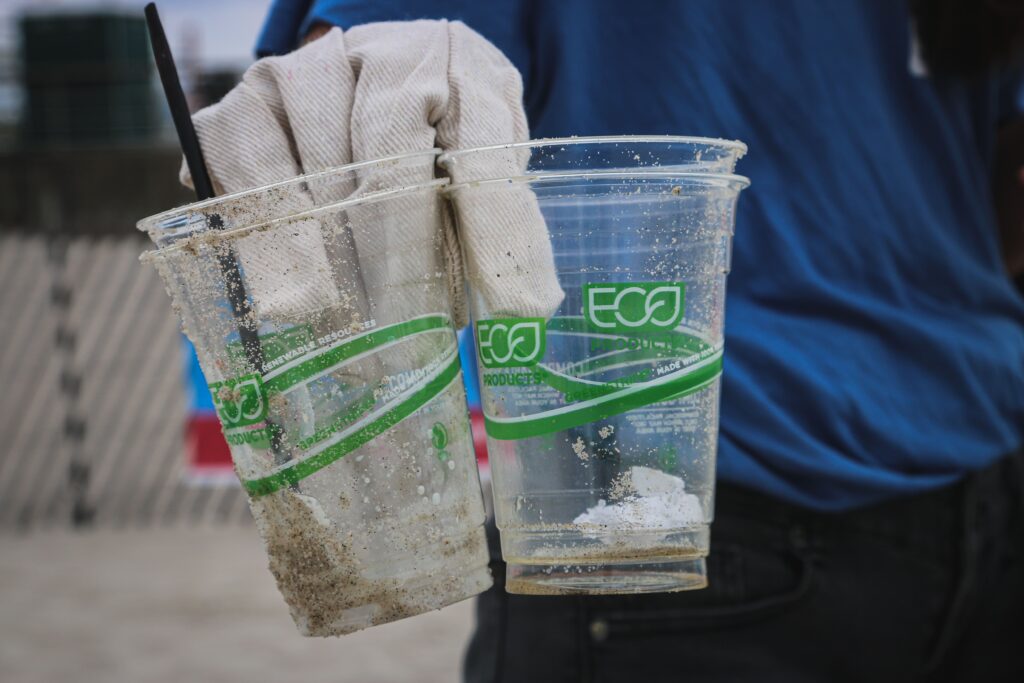Businesses must back up green claims
By Pelican MD Michael Bennett
2 minute read
Key takeaways
- The Competition and Markets Authority has given businesses until the New Year to make sure environmental claims comply with the law.
- The Green Claims Code has been published to help businesses.
- CMA to carry out a full review of misleading green claims early next year.
During the pandemic environmental issues became more important than ever for many consumers, but for businesses the green agenda was put on the back burner as they struggled to stay afloat.
From this gulf in priorities has emerged a surge in greenwashing, as brands attempt to capitalise on what consumers want by stretching their eco-claims. But the practice of ‘greenwashing’ is about to come under greater scrutiny than ever before in the UK after the Competition and Markets Authority (CMA) announced businesses have until the New Year to ensure environmental claims comply with consumer law. New guidance – the Green Claims Code – is now available to help companies stay on the right side of this legislation.
What is the Green Claims Code?
A CMA analysis of claims being made on 495 websites found 40% ‘appeared to be using tactics that could be considered misleading and therefore potentially breaking consumer law’. The new code will address such tactics by insisting any green claims adhere to six principles:
- claims must be truthful and accurate
- claims must be clear and unambiguous
- claims must not omit or hide important relevant information
- comparisons must be fair and meaningful
- claims must consider the full life cycle of the product or service
- claims must be substantiated.
According to the CMA, the code is intended to ‘give confidence to those businesses whose products are genuinely ‘green’ to provide consumers with the information they need to make informed decisions’.
The code is part of a wider awareness campaign which the CMA has launched ahead of COP26.
A full review of misleading green claims, both online and offline will commence in 2022, with food and drink likely to be a target sector.
How to avoid accusations of greenwashing
Before making claims green or otherwise, make sure you have a clearly defined mission and set of brand values. These will guide your marketing strategy and give the whole team something they can refer to when promoting products and designing packaging.
You should also avoid making general claims such as “environmentally friendly,” or “eco.” Such claims are meaningless unless there is an accompanying explanation of what exactly this entails. The CMA will expect specific details that consumers can use to compare products.
Most importantly, be transparent. If your company is able to back up its green claims, it should be willing to compare products side-by-side with others, not hide data, and be open to business and customer scrutiny. This shows that you have nothing to hide and that you haven’t inflated your claims.
If you would like advice or guidance on how you’re marketing your green products, get in touch with our experts today.
Pelican Communications is a specialist in the environment & CSR, food, packaging & logistics and trade association sectors and offers a range of services such as strategy, design, content creation, public relations and people development. Contact us for marketing and communications expertise.
